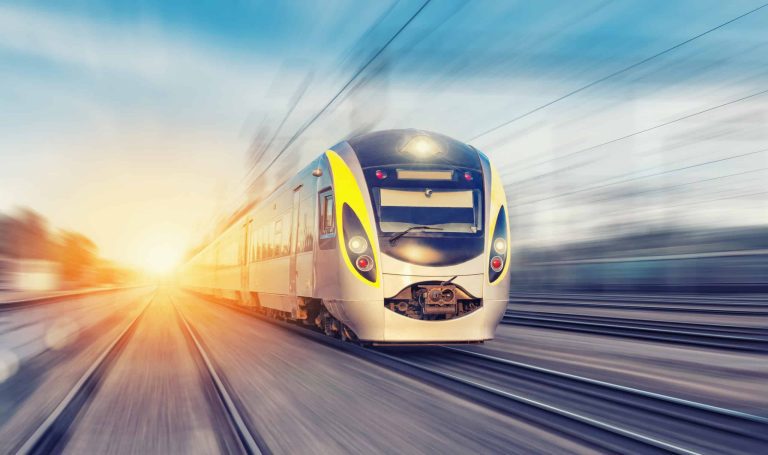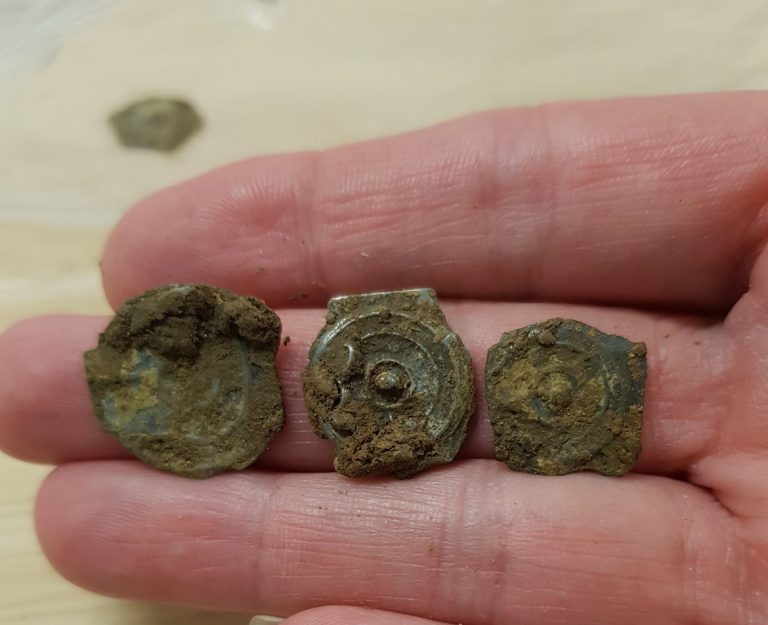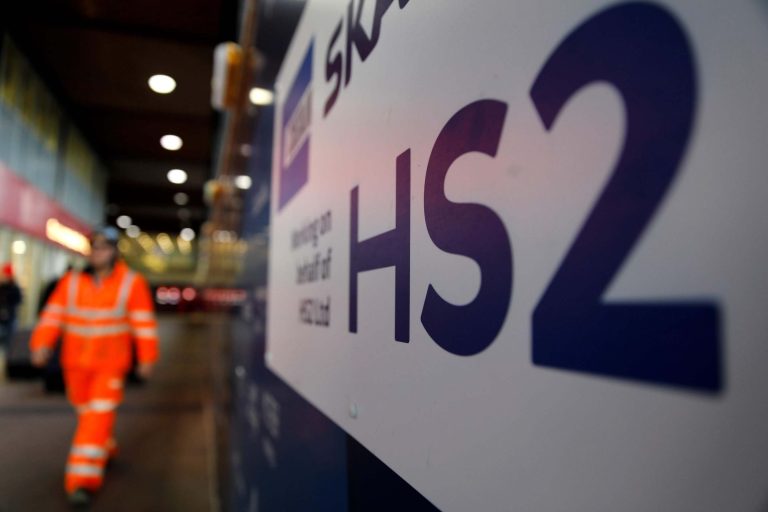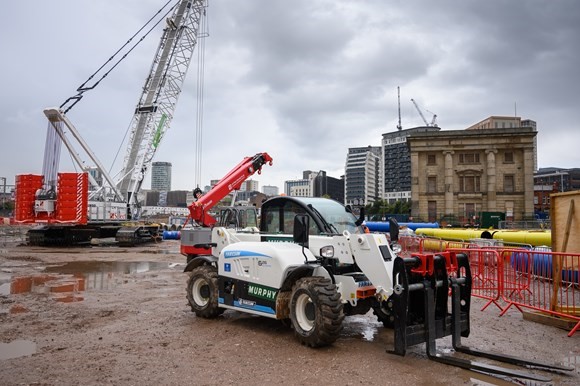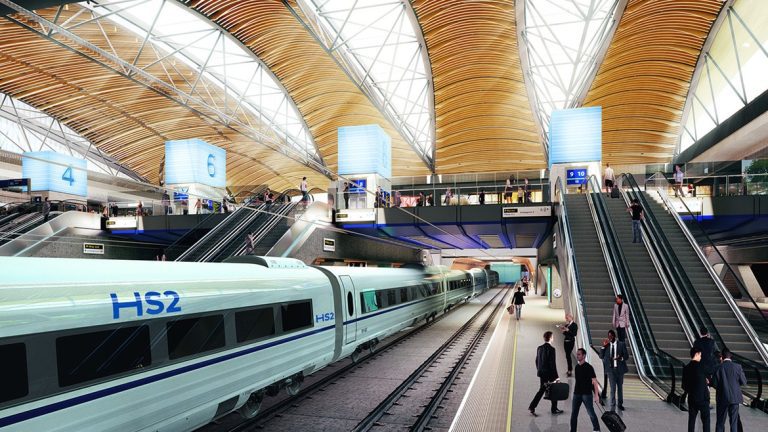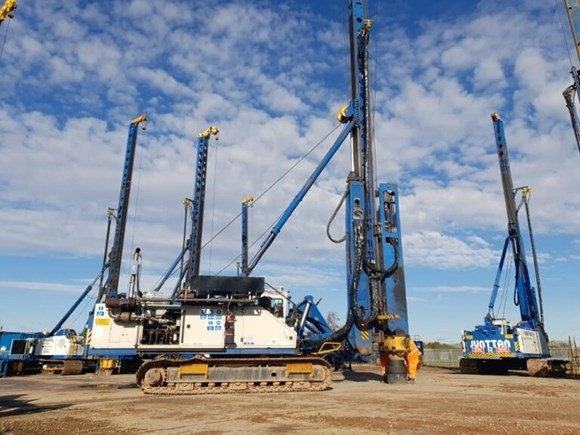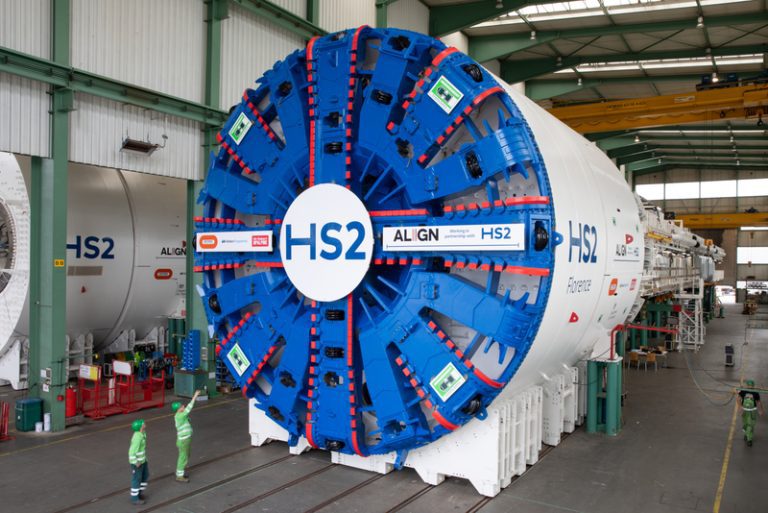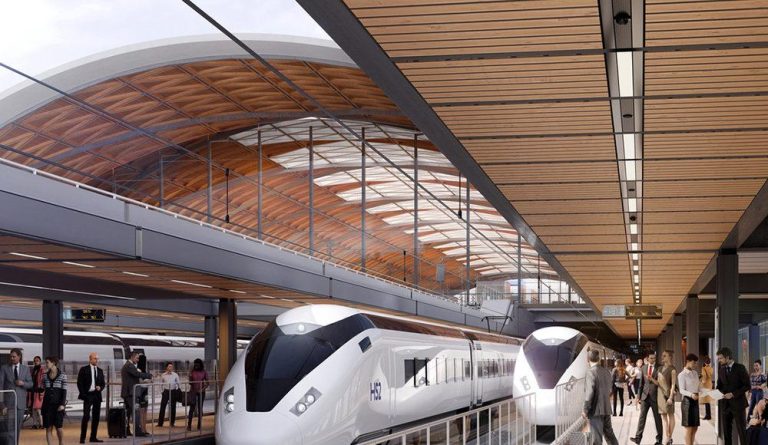Over 300 Iron Age ‘potins’ – or small coins – discovered on HS2 site in West London Video and images of the Hoard available: https://mediacentre.hs2.org.uk/resources/f/archaeology-sites-and-discoveries/greater-london-area-south/hillingdon-hoard Archaeologists working in West London on the HS2 project have uncovered a fascinating rare set of Iron Age potins, an early version of the coin, dating back to the 1st century BC. The hoard of over 300 potins is a significant historical find, and was discovered in Hillingdon in August last year (2020). The find may be recognized as “treasure” under British Law. ‘The Hillingdon Hoard’ – as it has been called – dates back to the late Iron Age, during a period of change as the Romans began to establish themselves in Britain and create Londinium. The potins are based on coins struck in Marseille, France, about 2,175 years ago, which bear the left-facing head of Apollo on one side and a bull charging right on the other. The use of these early coins spread across northern Europe. In England their use was commonly linked to Kent, Essex or Hertfordshire. The term ‘potin’ refers to the base metal silver-like alloy used in coins. It is typically a mixture of copper, tin and lead. HS2’s Head of Heritage, Helen Wass said: “At HS2 we are not only building for the future, we are also preserving the past. This is an exciting find for our team of archaeologists and provides us with more information about how our ancestors lived and settled in London. HS2’s unprecedented archaeological programme has enabled us to tell the stories of our history and leave a lasting legacy for future generations.” Historians are unclear what the potins were used for during the Iron Age, particularly as the exchange of goods and service, or bartering is thought to have been the main method of commerce at that time, nor why the coins were deposited where they were found. Archaeologists analysing the discovery believe the potins may have been to mark the boundary of a property or as an offering to the Gods – in a woodland clearing or near a sacred spring. It is not unusual for a hoard to be found in an apparently isolated location and they may also have been buried as saving hoards or as emergency hoards in times of crisis. The first series of potins produced in Britain, are known as Kentish Primary or Thurrock types, and are likely to have been made no later than 150 BC. Sometime before 100 BC, these rather bulky coins were replaced by thinner coins with more degenerate designs, now called Flat Linear types. Over a period of several decades, the Flat Linear potins gradually evolved into a wide variety of forms, with the depiction of the bull and the head of Apollo becoming more and more stylised. The Hillingdon Hoard is late in the Flat Linear sequence. A hoard of a similar size, the ‘Sunbury hoard’ was discovered in 2010 but the potins were dated much earlier in the Iron Age. Potins from late in the Iron Age, similar to the Hillingdon Hoard, have been found previously but in much smaller quantities, making this find very significant. The site in Hillingdon was undergoing archaeological excavation and analysis led by HS2’s enabling works contractor, Costain Skanska joint venture (CS JV) and the archaeologists involved were elated to make such a significant discovery. Following a storm, ground conditions changed, and revealed where the coins were buried. Describing the discovery, Emma Tetlow, now working as Historic Environment Lead for HS2’s main works contractor Skanska Costain STRABAG joint venture said: “We were coming to the end of our archaeological work on the site when we found a patch of soil that was a very different colour from what it would be expected to be. The patch of soil was dark greeny-blue which suggests oxidized metal, and when we checked more closely, we could see loosely packed metal discs. This is a once in a lifetime find, and allows us to expand our knowledge of what life could have been like in Hillingdon many centuries ago.” Because of the significance of the find, and the high number of coins, the local coroner was alerted. The coroner will determine whether the discovery amounts to ‘treasure’ after considering specialist evidence from the British Museum. The potins were removed from site for specialist cleaning, conservation and assessment. Records have then been sent to a specialist for cataloguing and further assessment to determine their origins and significance. In the London region, the oldest archaeology found by HS2 was dated to 11,000 years ago – a period known as the Mesolithic or Middle Stone Age. From this period, stone tools and artefacts have been found at locations which suggested people were living on the banks of the river. This would have provided a rich supply of food and water for these hunter-gatherers to exploit. Later evidence from the Bronze Age, about 4,000 years ago further indicates human activity near the river, with finds including cremations and a possible roundhouse. However, until the potins were uncovered no archaeological evidence of activity was encountered for almost another 3,500 years. The value of the hoard has not yet been determined, nor has its future location. Under the Treasure Act, the Coroner will determine whether the find constitutes Treasure and if a museum wishes to acquire the potins, on the advice of specialists at the British Museum the Coroner will conduct an inquest at which recommendations for the find will be made and a potential value placed upon it. The hoard was found during HS2 works on land that was occupied temporarily. HS2 is not making any claim on the hoard and under the Treasure Act archaeologists are not entitled to a share of any reward. HS2 developed an approach to the archaeological work in discussion with Historic England to ensure the site was carefully examined to find, protect or investigate important archaeology before construction begins. Duncan Wilson, Historic England Chief Executive, said: “They
